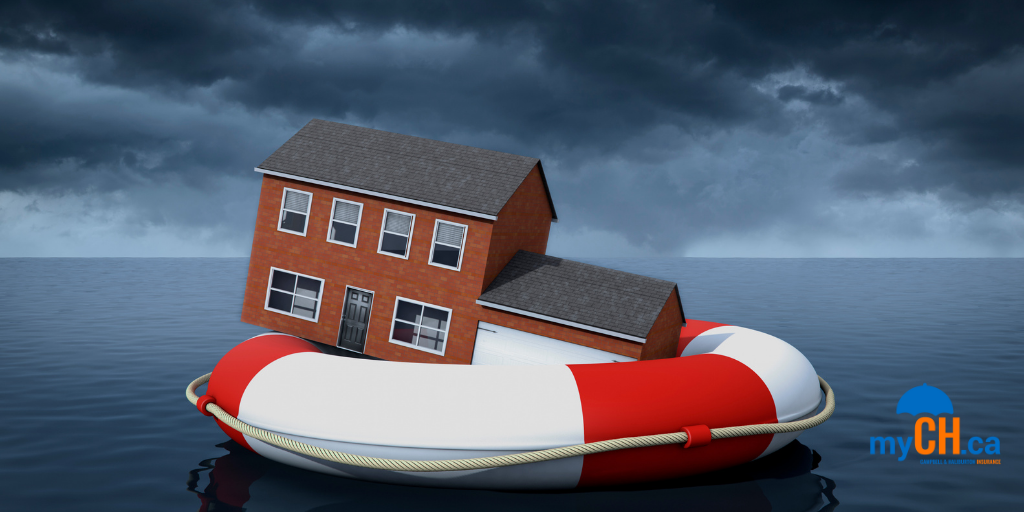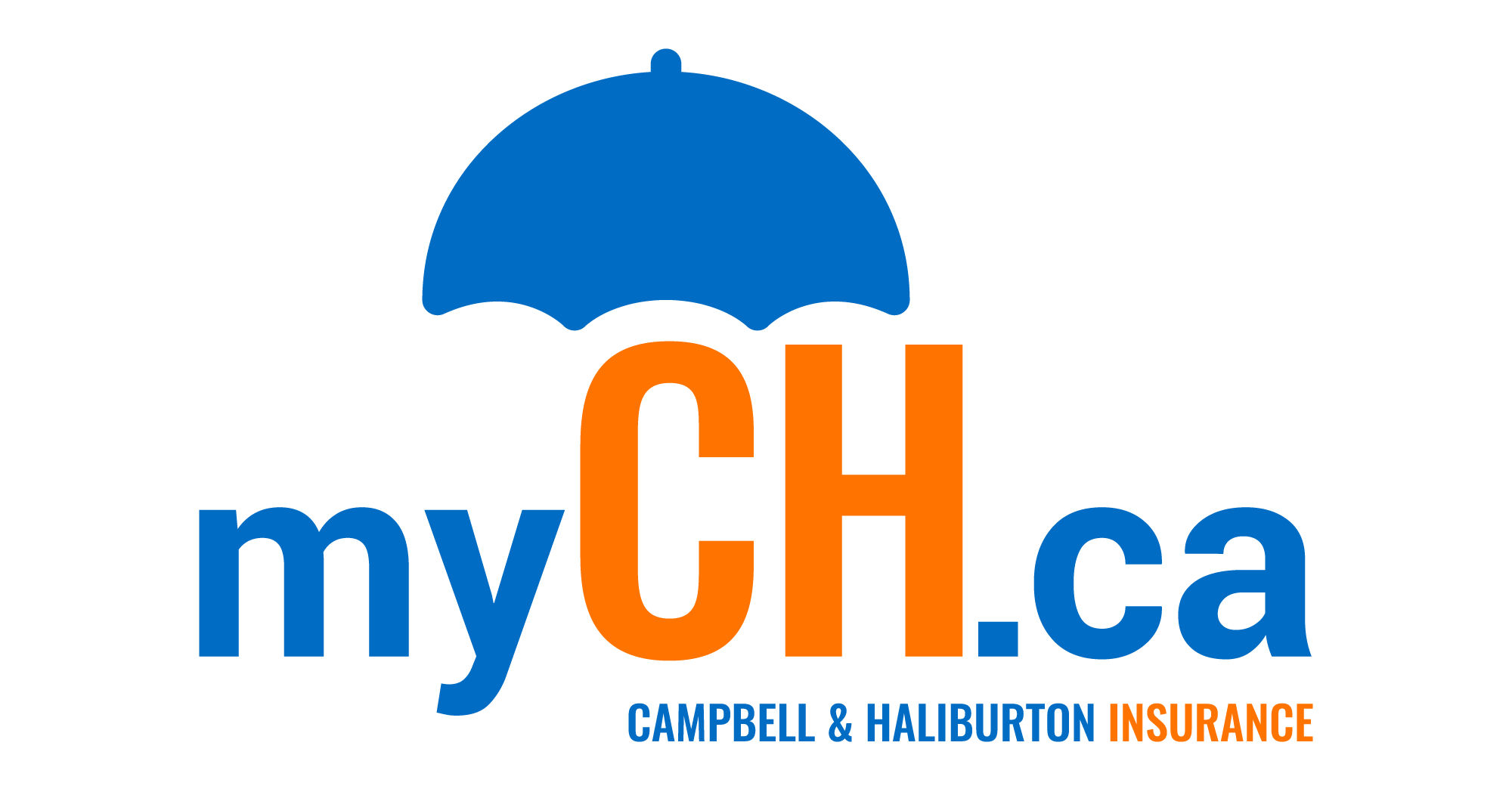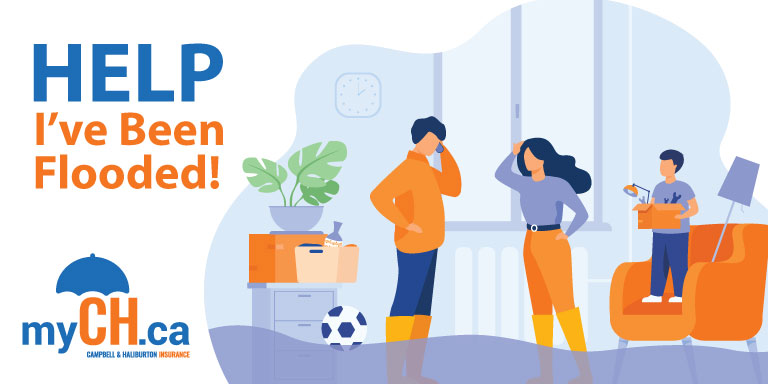In our latest Campbell & Halliburton Regina home insurance blog, we guide you on what to do during cases of home water damage!
Home Water Damage: Help I’ve Been Flooded!
Water is the new fire. It’s not just a thing we say to our clients, it is the truth. Insurance claims used to be dominated by fire, but now more than 60% of claims placed on property are for water. Only around 25% are for fire. So, what do you need to know about water? There are a few things to note about water damage:
How Did The Water Enter Your Home?
Home water damage isn’t a singular form of loss and can come from many different facets. Water can come from many things! It may enter from a burst pipe, through the sump pump, the sewer line, seeping from appliances, through the roof during rain, etc. Further, when did it enter the premises? How long has it been entering the house? It depends on how or when the water gets in. This is what will have implications on whether the loss is covered. For example, let’s say you were away on holidays during the winter and your furnace went out. Did you have a capable person enter your property often enough to qualify for coverage? Or, will you be out in the cold upon arrival?
So the question isn’t whether there is water, but how did it get there? Barring certain extenuating circumstances, there will not be coverage available for water entering through the roof ever. This is because coverage cannot be purchased for this. The same is true with seepage through basement walls. This is because both issues are rooted in maintenance issues, rather than sudden & accidental issues. Further, this is also the case if water is continually leaking from appliances. Water will only continually leak due to maintenance or fault installation issues.
Flood: Insurance vs. Personal
The word flood means something different to you or I than it does to an insurance company. To you or I, a flood may mean just any water on the floor. However, to an insurance company they have no less than four definitions for water on the floor. These definitions for flood are:
- water escape and rupture,
- overland water,
- sewer backup, and
- seepage.
We may think of a flood as water accumulating in a location that it typically wouldn’t, whether by rain or overflow. To an insurance company, that explanation is what they consider “overland water.” Basically, the flood is usually associated with salt water. These are a few important notes on the definitions of home water damage. We get calls about flooding regularly, and want to help you out by providing some knowledge of why we might ask the questions we do. So flood is not what happens when water comes from the pipes, or through the sewer system, or even from a heavy rainfall! All of these have separate terms with separate definitions and levels of coverage.
So… What Am I Covered For Then?
Long story short, your policy is going to be different depending on what you have elected to have covered. Therefore, we cannot definitively say what you are covered for without looking at your cover page and wording booklet. For instance, if you have fire insurance only, which is a very bad policy, there would be no coverage for water damage at all. However, your typical home insurance policy will, at the very least, provide coverage for water escape and rupture. This is water that escapes from a pipe or water container when it bursts, or overflows from a water container. Further, your typical policy won’t have is sewer backup as an automatic coverage.

Optional Extras for Water Coverage
Your standard home insurance policy will not automatically include sewer backup or overland water. What now? Not to worry. Most companies will provide coverage for sewer backup. This is provided you haven’t had that issue in the past. Or, if you have, you have taken measures to prevent it happening again. There are even some companies starting to offer coverage for overland water! This is a major shift in the past few years, at least for Saskatchewan insurers.
The cost is subjective to location, as certain areas are more prone than others. There are some that lack insurance for this, but we’ve seen a step taken in the right direction! Finally, some companies place limits on the amount of coverage you may be offered. While others will not limit you other than based on your building value.
When Did The Water Enter The Home?
A standard policy will never cover damage from mold, rot, and a few other preventable issues. If there is rot in the wood, then the water has been there a long time. Further, if there is mold, the water has been there a long time. In these cases, it is generally understood that the home owner should be aware of what happens in the home. The home owner also needs to take measures to prevent these things. While sometimes it may be impossible to have known, it is generally best practice to check your basement/crawl space at least a few times a year. Then you can see if there are any issues. Same thing with the attic! Your roof is your first line of defense against water entering your home. This is particularly important if there is a sudden rainfall. Finally, it’s always a good idea to ensure proper maintenance to your home!
Is Your Home Damaged Due To A Flood?
Sometimes you can do everything possible and still have damage due to flooding. Our home insurance experts at Campbell & Haliburton Insurance can help you deal with the cost of your lost items, plus any structural damage. Contact our Regina insurance brokers to find out more about your coverage and to get a quote!
As you walk out of our door, you can do so with the assurance that you are covered with the home insurance that best meets your needs. If you don’t have an insurance broker and want to talk to someone who is truly passionate about your insurance, contact us at Campbell & Haliburton Insurance. We would love to help you.
**(This is a general overview. There are many different insurance companies and there are always differences in insurance policies. For specific details on your policy and coverage, we recommend that you contact your agent or broker).

